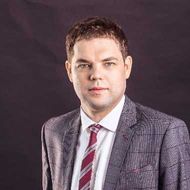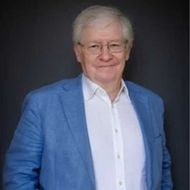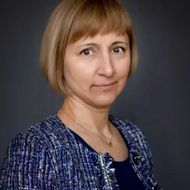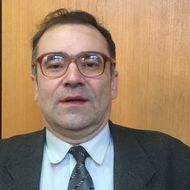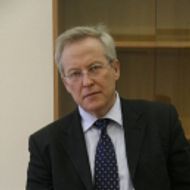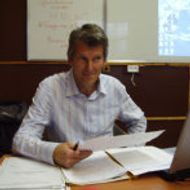- A
- A
- A
- ABC
- ABC
- ABC
- А
- А
- А
- А
- А
- HSE University
- Faculties
- Faculty of World Economy and International Affairs
- School of World Economy
- News
- Visit to Inholland University, the Netherlands
-
The School
17/1 Malaya Ordynka Str., Moscow, 119017
Phone: +7(495)772-95-90*22237
Email: wec@hse.ru
 The Multilateralism of the New Development Bank on the Sustainable Economic Growth in BRICS Nations and Beyond
The Multilateralism of the New Development Bank on the Sustainable Economic Growth in BRICS Nations and Beyond
Morozkina A., Grigoryev L. M., Gaspardo M. et al.
Emerald Group Publishing Ltd., 2025.
Frontiers in Political Science. 2025. Vol. 7.
Leonid Grigoryev, Morozkina A.
In bk.: The Multilateralism of the New Development Bank on the Sustainable Economic Growth in BRICS Nations and Beyond. Emerald Group Publishing Ltd., 2025. Ch. 6. P. 83-101.
Yakovlev A. A., Freinkman L., Ershova N. V. et al.
QoG Working Paper Series. 2023:19. University of Gothenburg, 2023. No. 19.

Visit to Inholland University, the Netherlands
The first, second, and third year students attended the course on ‘Post-crisis banking systems: Core specifics, perspectives, and challenges’ that highlights a number of aspects of the post-crisis architecture of the global banking systems. Students discussed various issues related to the performance of credit institutions while the aftermath of the global financial crisis has not yet been completely overcome, and the requirements for ensuring the resilience of banks and the banking sector are increasingly demanding the search for sources of systemic risks as well as tools and approaches to minimization of their effect. Issues of systemic risks are the focal point of the contemporary regulatory order. That is why Dr Dzhagityan elaborated on the agenda of international banking regulation, the post-crisis paradigm of which (Basel III, and the forthcoming Basel IV) has undergone significant changes stemming from a fundamentally new, anti-crisis centered regulatory model, including its macroprudential segment. He emphasized the functions of central banks (the U.S. Federal Reserve, the ECB, the Bank of England, the Central Bank of the Russian Federation), their role in ensuring the continuum of financial intermediation process that they pursue through a balanced monetary policy and inflation targeting.
During the visit Dr Dzhagityan met with faculty members in the Inholland’s campus located in the city of Rotterdam and exchanged information on teaching the disciplines in the financial, banking, and macrofinance areas.
- About
- About
- Key Figures & Facts
- Sustainability at HSE University
- Faculties & Departments
- International Partnerships
- Faculty & Staff
- HSE Buildings
- HSE University for Persons with Disabilities
- Public Enquiries
- Studies
- Admissions
- Programme Catalogue
- Undergraduate
- Graduate
- Exchange Programmes
- Summer Schools
- Semester in Moscow
- Business Internship
- © HSE University 1993–2025 Contacts Copyright Privacy Policy Site Map
- Edit
